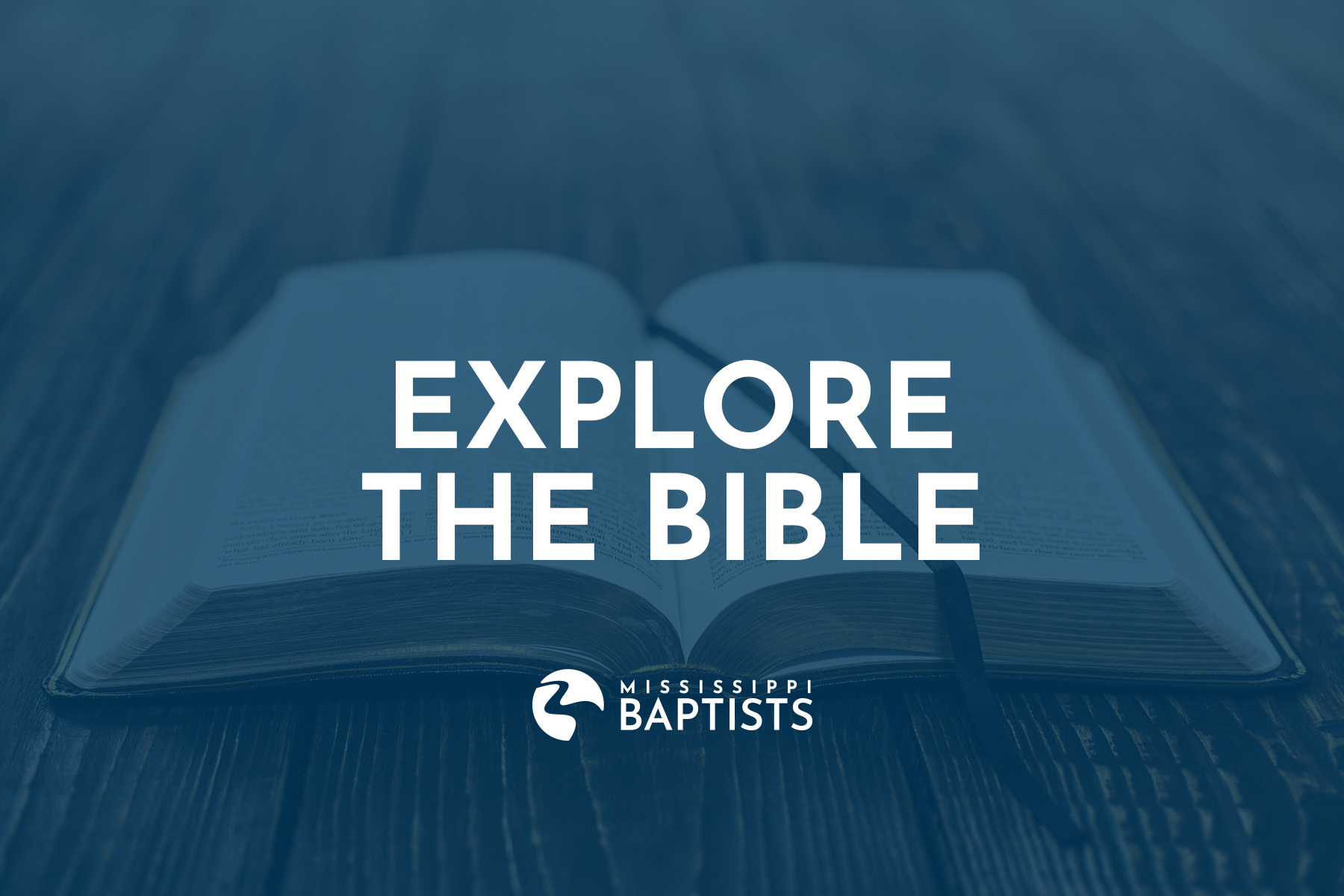God’s Forgiveness • Psalm 32:1-11
By Philip Price

Psalm 32 was written by David and is designated a Maskil, which is the first of 13 found in the Psalms. These psalms are didactic — penned to teach or invite contemplation. While the psalm was composed to be sung, the Maskil presents a message that was to be meditated upon. Therefore, before studying the lesson, prayerfully read Psalm 32 and ask the Holy Spirit to instruct you in how to personally apply the truths revealed. Pray you will learn what true joy is (vv. 1-2), the importance of forgiveness (vv. 3-5), and how to understand God’s guidance (vv. 6-11).
Joy Displayed (Psalm 32:1-2)
CeCe Winans sings, “Joy never-ending ‘cause He called my name; Every Breath I breathe, a testament of amazing grace.”
This Joy she vocalizes is the inner attitude of rejoicing in one’s salvation regardless of outward circumstances. David connected being joyful with having been forgiven (v. 1). He declared that joyfulness is experienced by those in whose spirit there is no deceit (v. 2)! Hypocrisy blocks communication with God. In another psalm we read, If I had cherished iniquity in my heart, the Lord would not have listened (Psa. 66:18, ESV). Truthfulness frees us from guilt and allows God to cleanse our conscience.
In the first two verses of Psalm 32, the poet utilized three words for wrongdoing. Transgression is blatantly disobeying God’s will. Sin is a general term for moral failure. Iniquity denotes actions that are perverse and contrary to righteousness. No matter how we classify the severity of our actions, we cannot hide any sin from God and must be fully honest with him. Only then can we experience the joy of our salvation (Hab. 3:18).
Forgiveness Granted (Psalm 32:3-5)
While the psalmist began with celebrating the forgiveness of God, his road to reconciliation with God was avoidably tumultuous. In verses 3 and 4, he discloses that he kept silent and refused to admit his guilt. Then, he admitted suffering consequences for delaying dealing with his sin. In Hebrew thought, bones symbolized strength, and David claims his bones became brittle. Thus, he metaphorically expressed his weakness and exhaustion. Sadly, His days were filled with groaning, which Spurgeon described as “the roaring of a wounded beast.” He wrestled with the burden of unconfessed sin day and night. The hand of God was heavy on him, and he proclaimed, my strength was drained as in the summer’s heat. Sin hurts us and renders us weak, as well as ineffective.
Eventually, the psalmist acknowledged he was disobedient, and he committed to not conceal his iniquity any longer. He stated, I will confess my transgressions to the LORD and God forgave the guilt of my sin (v. 5). At the end of the verse, the word Selah appears. While scholars have varying interpretations of the meaning, Selah is believed to direct readers (or singers) to pause and meditate on what was expressed. Understandably, David’s confession and God’s gracious response are certainly worthy of deep reflection.
As Christians, we understand that our sin must be forgiven and only God can forgive sinners. Since Jesus is God, he can pardon our transgressions and provide salvation (Mark 2:8-11). We can walk in victory over sin. But thanks be to God, who gives us the victory through our Lord Jesus Christ! (I Corinthians 15:57, CSB). There is no joy without forgiveness.
Guidance Provided (Psalm 32:6-11)
In keeping with the teaching purpose of the psalm, the writer instructs the faithful to pray to God immediately whenever troubles arise (v. 6). David voiced gratitude for the LORD being his hiding place and protection (v. 7). Next, he recorded a promise from God to his followers, I will instruct you and show you the way to go (v. 8). Then, he underscored that the people of God should not live like a horse or mule without understanding. Stubborn beasts of burden must be forced to go in the right direction using a bit and bridle (v. 9). We should never have to be coerced to live righteously.
In the final two verses, David compares the wicked with the faithful (v.10). An evil-minded person can expect many pains, but the obedient follower of God will have faithful love surrounding him. Correspondingly, we can rejoice and shout for joy (v. 11). Experiencing God’s forgiveness leads to worship.
Questions to Consider
Since God is merciful, why might someone hesitate to confess sin? In verse 7, what does “hiding place” mean to you? How has forgiveness brought joy to your walk?
Price is the Associational Missions Strategist for the Jackson County Baptist Association, Pascagoula. He is a member of Ridglea Heights Church, Moss Point.




